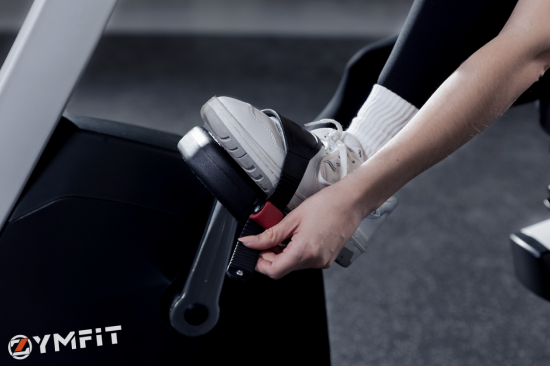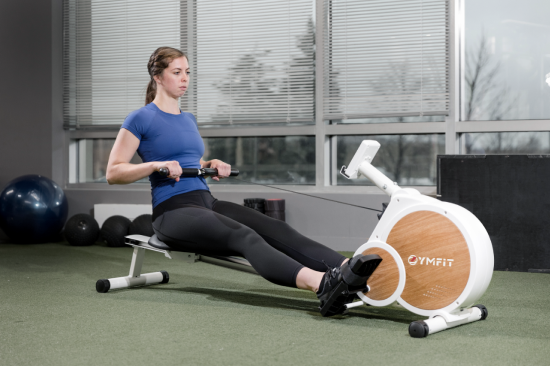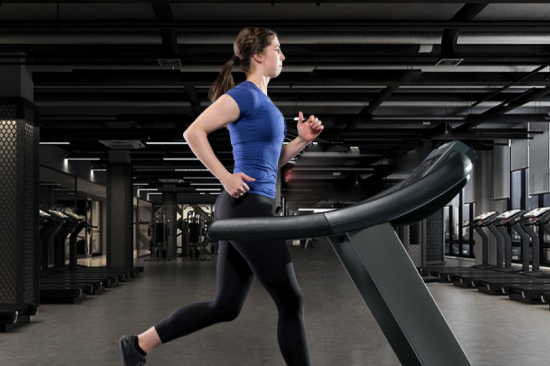Residential fitness products are designed for personal use in homes, while commercial fitness products are intended for use in gyms and fitness centers. However, commercial products can be used in a residential setting if there is enough space and the proper electrical setup. Here are the key distinctions between these two categories:
Durability: Commercial fitness products are built to endure heavy daily usage by multiple users, making them more durable than residential products, which are meant for occasional use by individuals or households.
Size and Weight: Commercial fitness products are generally more robust and sturdier to accommodate a larger number of users and handle heavier weights, while residential products are usually smaller and lighter.
Features: Commercial products often offer advanced features and customization options, such as diverse programs, higher weight capacities, and advanced tracking systems, to cater to various users. In contrast, residential products have simpler features suitable for personal use. The maintenance of commercial products is much more frequent, so tracking when products need servicing is important.
Price: Commercial fitness products are typically more expensive due to their higher quality, durability, and commercial warranty. On the other hand, residential options are designed to be more affordable for individual consumers.


